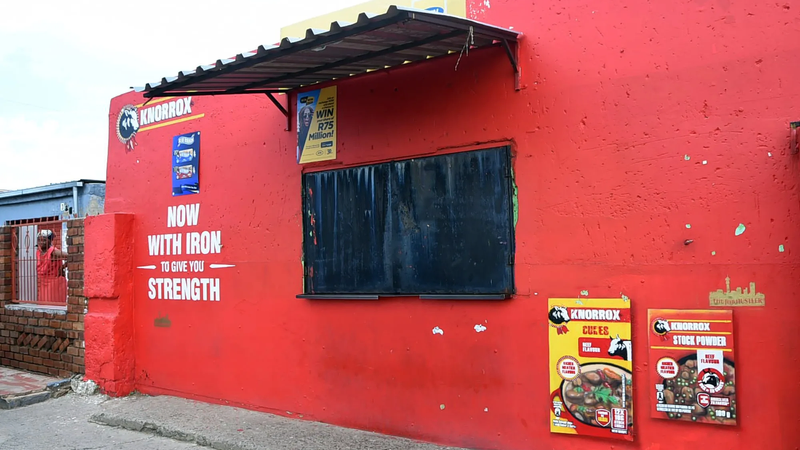Economist and Public Investment Corporation board member Professor Bonke Dumisa has cautioned against creating unrealistic expectations regarding the takeover of spaza shops by local South Africans. Dumisa voiced his concerns following Friday’s State of the Province addresses, where several premiers highlighted the potential for job creation and economic growth in townships and rural areas, primarily through the removal of illegal foreign nationals from the informal retail sector.
KwaZulu-Natal Premier Thamsanqa Ntuli recently praised the Department of Cooperative Governance and Traditional Affairs Minister Velenkosini Hlabisa for the publication of the Standard Draft By-Law for Township Economies. This initiative is seen as a step toward revitalizing the province’s township and rural economies by empowering local communities, particularly in sectors like spaza shops, street vending, and small-scale manufacturing.
However, Dumisa raised a critical point about the transition of spaza shops from foreign owners to locals, cautioning that such a shift must be managed carefully to avoid setting up unrealistic expectations. He noted that the belief that locals would immediately inherit these businesses is misguided and could lead to disappointment.
“The message being sent—that locals will wake up as owners of abandoned spaza shops—is problematic,” Dumisa explained. “This could result in the closure of these shops again due to issues like illegal operations or lack of proper business management.”
While Dumisa acknowledged the importance of returning control of township economies to local hands, he argued that the government must manage the process thoughtfully and communicate that the registration process applies to all business owners, not just foreign nationals. He also expressed concern that the previous owners of many spaza shops were, in fact, locals who lacked business acumen and, over time, rented their shops out to foreigners.
In his address, Ntuli highlighted that the township economy in KwaZulu-Natal is valued at R7.3 billion, with significant untapped potential for innovation and entrepreneurship. He emphasized that a focus on growing this sector could create more job opportunities for local communities.
However, Dumisa questioned whether the township economy would truly be able to generate sustainable jobs, considering the culture of entitlement and lack of entrepreneurial skill among some local shop owners.
As part of efforts to monitor progress, MEC for Economic Development, Tourism and Environmental Affairs Reverend Musa Zondi will soon present a detailed report on the spaza shop registration process in KwaZulu-Natal, providing insights into the government’s ongoing efforts to improve the local economy.
The debate over spaza shop ownership highlights the need for careful planning and communication as South Africa works to create a thriving, sustainable economy for its citizens, particularly in its historically underdeveloped township and rural areas.
